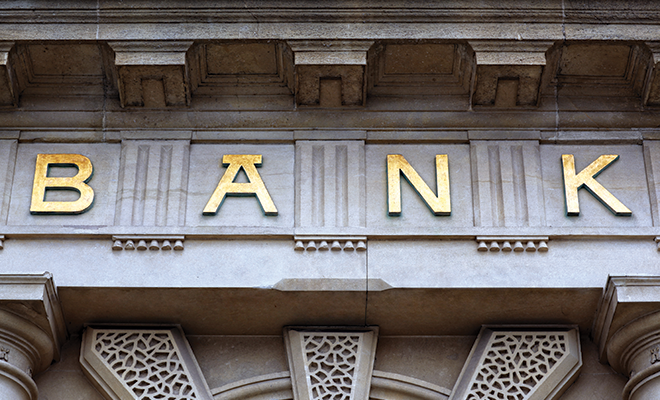
What Is the Best Banking Deal for You?
In the brick-and-mortar financial world, there are three significant players vying for your business. These are credit unions, community banks and major financial institutions. Each one has its pros and cons, so let’s look at some of the factors to consider when you need to decide where to put your money or where to ask for a loan.
Credit unions are non-profit financial institutions. Federally insured credit unions hold about $1.45 trillion in assets and have about 30,000 ATMs distributed around the country. They usually are restricted to a certain group of people such as government employees, teachers or firefighters, for example. Credit unions are insured by the National Credit Union Insurance Fund, or NCUSIF, for up to $250,000 and are just as safe as Federal Deposit Insurance Corporation, or FDIC, covered accounts in banks.
Pros
There are many reasons for dealing with a credit union. In general, they offer lower fees than banks and more interest on your savings accounts because they are a not-for-profit institution. Since the credit union’s business model is based on a cooperative model, meaning that they are owned and operated by members, you become a part owner and have a say in how the credit union is run. Many members even volunteer to serve on the board or various committees. Personal service is a bonus of credit unions. It’s pleasant for most members to go into the credit union and be recognized by name. Most of the time, you don’t have to wait in long lines as you might in a busy major financial institution.
Cons
Among the disadvantages of credit unions is the limited access to branches in other areas of the state or even the city. Their online presence is often limited, making online banking a hassle. However, forward-thinking members seem to be pushing credit unions to add on-line banking and deposits to their services.
Community banks are relatively small, locally owned and operated banks with assets under $1 billion. Most of their deposits come from local individuals and businesses, and they make most of their business loans to local businesses.
Pros
Community banks are fundamentally tied to local small businesses in many communities across the country. For most customers, it is a pleasure to enter the bank and receive personalized attention from members of your own community.
Community banks’ loan approval rates are approximately 50 percent for small businesses compared to 24 percent approval rates with big banks. Community banks study the whole credit report of businesses instead of just the FICO score. These banks are deeply interested in contributing to the local economy. Since the banks are local, loans can be approved or denied more quickly.
Cons
To be sure, community banks have their disadvantages. As with credit unions, they may not have branches in numerous cities across the service area of a small business.
Big banks are designed to handle volume, prioritize convenience and accessibility. They may seem impersonal in their dealings with customers, and they take a cookie-cutter approach to issuing loans, credit cards, mortgages and other financial products. Their policies are established and they will rarely vary from them. For example, your FICO score must be within a certain range, your deposits must be relatively high to receive free checks, and so on. Since big banks answer to their shareholders, they are constantly trying to balance the most profit against the least expense (which is often translated into service).
Pros
Big banks offer more services than credit unions or community banks. At present, my bank offers three different checking accounts, 29 credit cards, five different mortgage rates and numerous other products.
Often big banks offer extended service hours, including Saturdays and early evening hours. The online services of big banks will allow you to do much of your banking online, eliminating the need to even visit the bank itself.
Cons
Customers may feel that big banks offer a less personal touch and atmosphere. The personnel at big institutions are frequently transferred or move on to other positions. The tellers and officers probably won’t know you beyond the cordiality extended to all customers.
It’s up to you, the customer, to decide how important each factor is to you. For many people, the higher interest rates and lower fees are a big plus that both the community bank and credit unions offer. Personalized service is a big plus, too. However, the big banks have far better service coverage for businesses in different locations and for travelers who might otherwise have to pay ATM fees. Then, too, their selection of financial products cannot be beat by the smaller institutions. It ultimately depends on what you need to manage your money. ■
Sources: citizensbankmo.com, fundera.com, moneycrashers.com, savingsaccounts.com and usnews.com.







